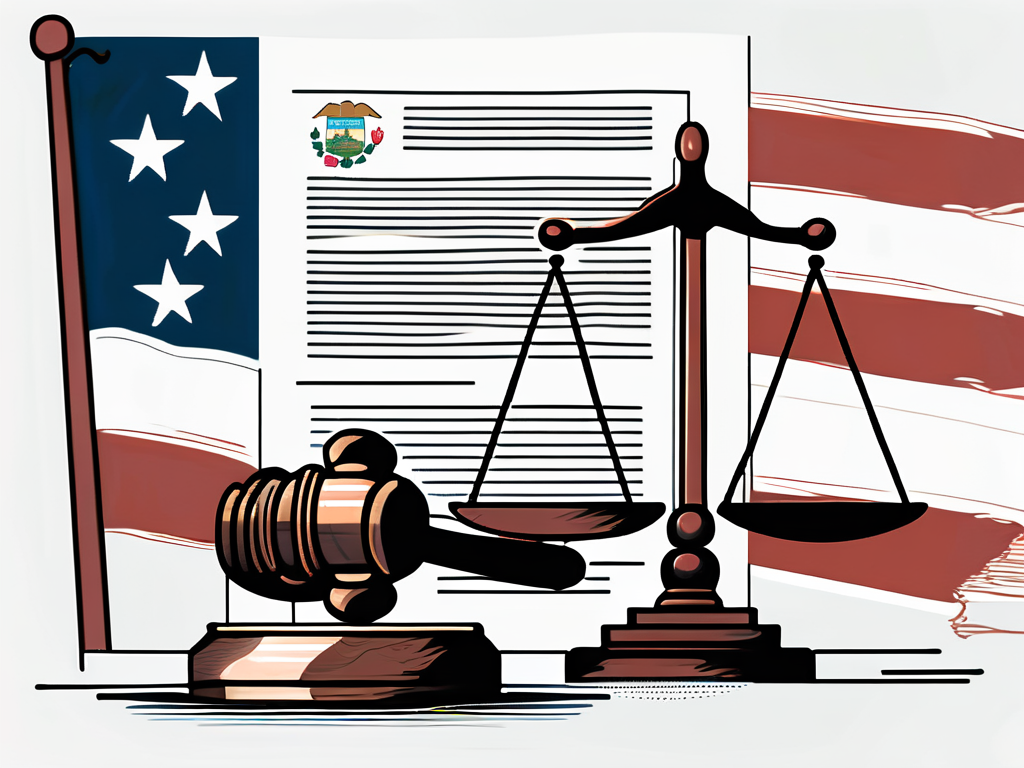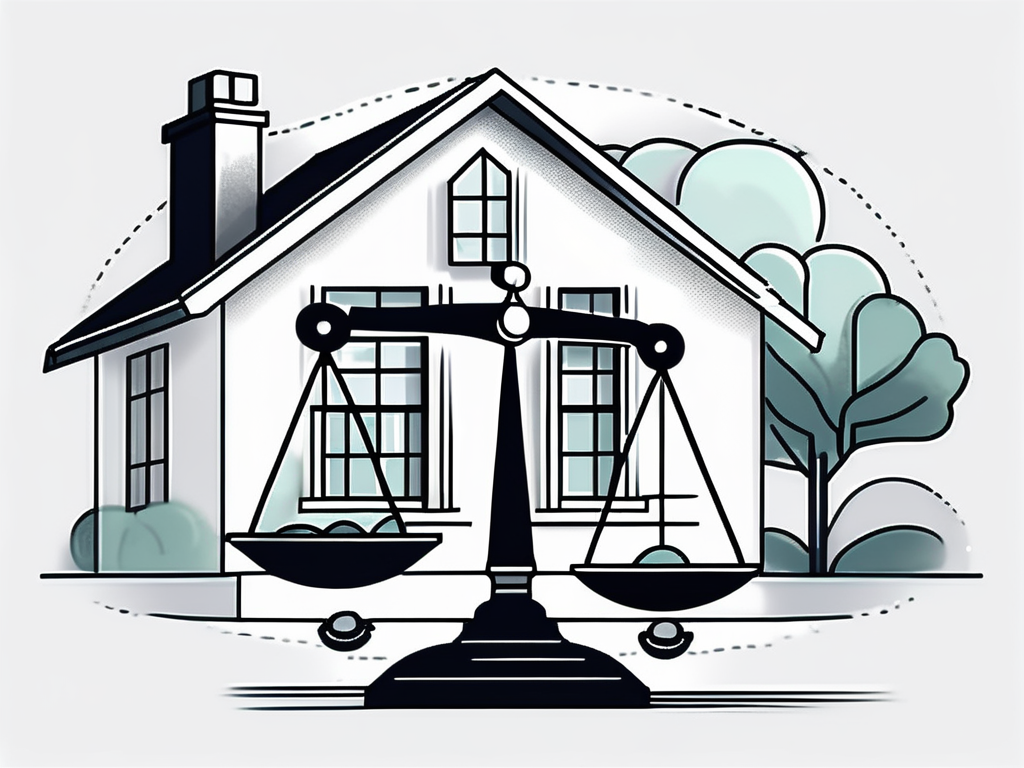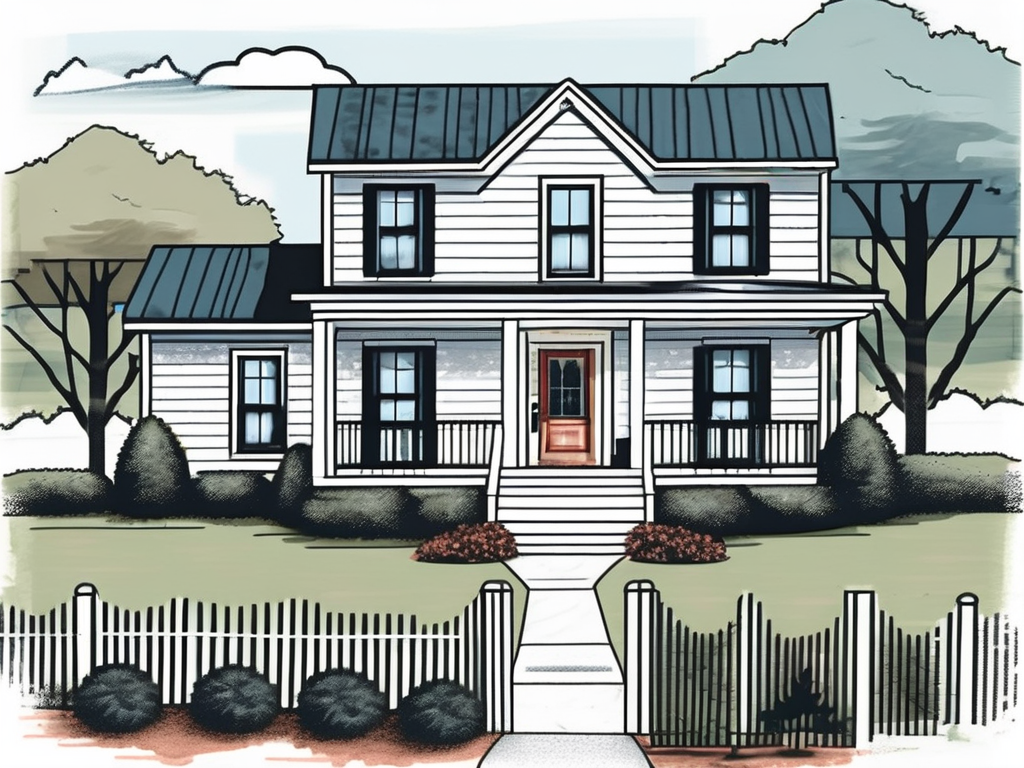For Sale by Owner Tips in North Carolina
Deciding to sell your home by yourself in North Carolina can be a daunting task. However, with the right guidance and understanding of the process, you can navigate this journey successfully. This guide offers valuable tips for homeowners who want to sell their property without the aid of a real estate agent.
Understanding North Carolina Real Estate Laws
Before you embark on the process of selling your home, it's crucial to familiarize yourself with the real estate laws in North Carolina. These laws govern the sale and purchase of property and are designed to protect both the buyer and the seller.

One such law is the North Carolina Residential Property Disclosure Act. This law requires sellers to provide a disclosure statement to potential buyers, detailing the condition of the property. Failure to comply can lead to legal complications down the line.
Working with a Real Estate Attorney
In North Carolina, it's a legal requirement to have a real estate attorney oversee the closing process. This attorney will ensure all documents are correctly prepared and executed. They can also provide legal advice and help you navigate any potential issues that may arise during the sale.
While hiring an attorney might seem like an additional expense, their expertise can save you from costly mistakes and legal issues in the long run.
Preparing Your Home for Sale
First impressions matter when selling a home. Therefore, it's essential to ensure your home is in the best possible condition before listing it for sale.
Start by decluttering and cleaning your home. A clean, clutter-free home appears more spacious and appealing to potential buyers. Consider hiring a professional cleaning service if necessary.
Home Staging
Home staging involves arranging furniture and decor to showcase your home's best features. A well-staged home can help potential buyers visualize themselves living in the space, which can lead to quicker sales and higher offers.
While professional home staging can be costly, there are plenty of budget-friendly DIY staging tips available online.
Home Repairs and Improvements
Minor repairs and improvements can significantly increase your home's value. Consider repainting walls, fixing leaky faucets, and replacing outdated fixtures. However, avoid major renovations unless they're likely to increase your home's value significantly.
Remember, the goal is to make your home as appealing as possible to potential buyers without overspending on improvements.
Setting the Right Price
Setting the right price for your home is crucial. Overpricing can deter potential buyers, while underpricing can result in a lower profit.

To determine the right price, research recent sales of similar homes in your area. Consider factors such as the size, condition, and location of your home. You may also want to hire a professional appraiser to get an accurate valuation of your home.
Negotiating Offers
As a seller, you should be prepared to negotiate offers. Remember, the highest offer isn't always the best. Consider factors such as the buyer's financing and the closing timeline. Be open to counteroffers and be patient during this process.
Having a real estate attorney can be beneficial during negotiations, as they can provide advice and ensure your interests are protected.
Marketing Your Home
Effective marketing can help attract more potential buyers to your home. Consider listing your home on online real estate platforms, local newspapers, and social media. High-quality photos and detailed descriptions can make your listing more appealing.

Open Houses and Private Showings
Hosting open houses and private showings can give potential buyers a chance to view your home in person. Ensure your home is clean and well-staged for these events. Be prepared to answer questions about your home and the neighborhood.
Remember, selling a home by yourself requires time and effort. However, with the right preparation and knowledge, you can successfully navigate the process and maximize your profits.





